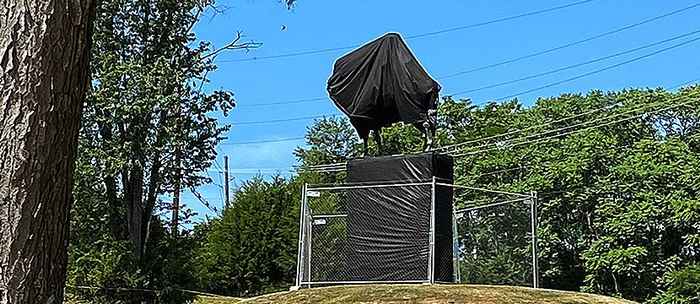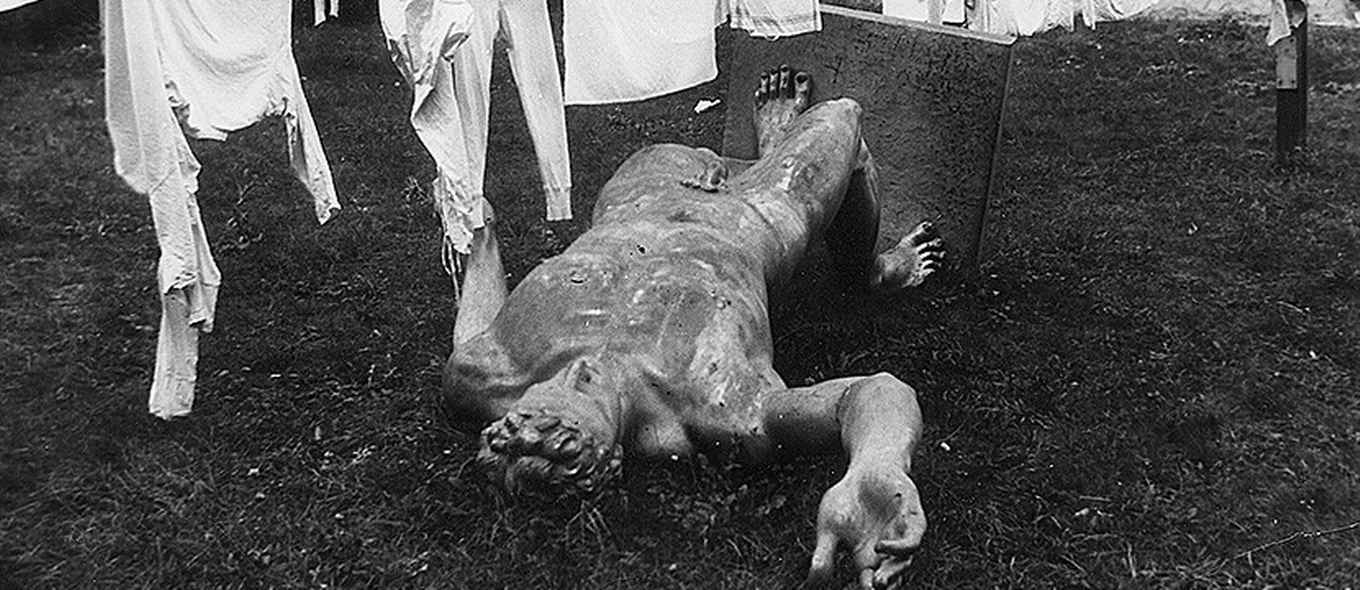Call for Papers: Taboo in Cultural Heritage
Reverberations of colonialism and national socialism
20 April 2023

Taboo is a subject, word, or action that is avoided or forbidden for religious, social or political reasons. Although there are certain taboos that appear to be virtually universal, most taboos vary with cultures and times. Objects, sites, or practices appropriated as cultural heritage, can at a later moment in history be redesignated as problematic, no longer conforming to certain norms and values. Conversely, (former) taboos can be contested, eventually triggering the 'heritagization' and display of hitherto banned objects and sites.
Unsurprisingly, taboo and tabooed issues get less attention in humanities and heritage practices than the canon or the canonized. However, canon and taboo could be considered two sides of the same coin; they are interdependent. For that reason alone, it is important to address the subject of taboo as well, and not turn a blind eye to it. For example, the canonization of modernist art after World War II went hand in hand with tabooing art produced under National Socialism. Nowadays, there is a renewed interest at museums in exhibiting these works, sparking controversy and debate.

Abstracts for papers from all humanities and social sciences are welcome. It is the conference's contention that by focusing on taboos in cultural heritage from an interdisciplinary and international perspective, they will become, again, negotiable. Apart from emerging and senior scholars in academia, heritage professionals are also invited to present a paper. Furthermore, proposals for contributions from artists working with the themes of the conference are also warmly invited.
Proposals may include, but are by no means limited to:
- Issues of taboo and transgression;
- Interrelationships between tabooization and canonization;
- Tabooed cultural heritage related to national socialism and (post)colonialism;
- Rejected heritage;
- Tabooing art and cultural heritage for political and ideological reasons;
- Stigma and taboo;
- Taboo and positionality (Global North/South; gender and sexuality);
- Taboo in museology;
- Looted art and restitution.
Abstracts max 400 words and biography max 150 words can be sent to taboocongress@gmail.com. Deadline: 1 August 2023.
Confirmed keynote speakers:
- Berber Bevernage (Ghent, Belgium)
- Pumla Gobodo-Madikizela (Stellenbosch, South Africa)
- Sharon Macdonald (Berlin, Germany)
- Michael Rothberg (Los Angeles, USA)
The conference is organized by the Open University of the Netherlands; Reinwardt Academie, University of the Arts; and the Amsterdam School for Heritage, Memory and Material Culture (AHM) of the University of Amsterdam.